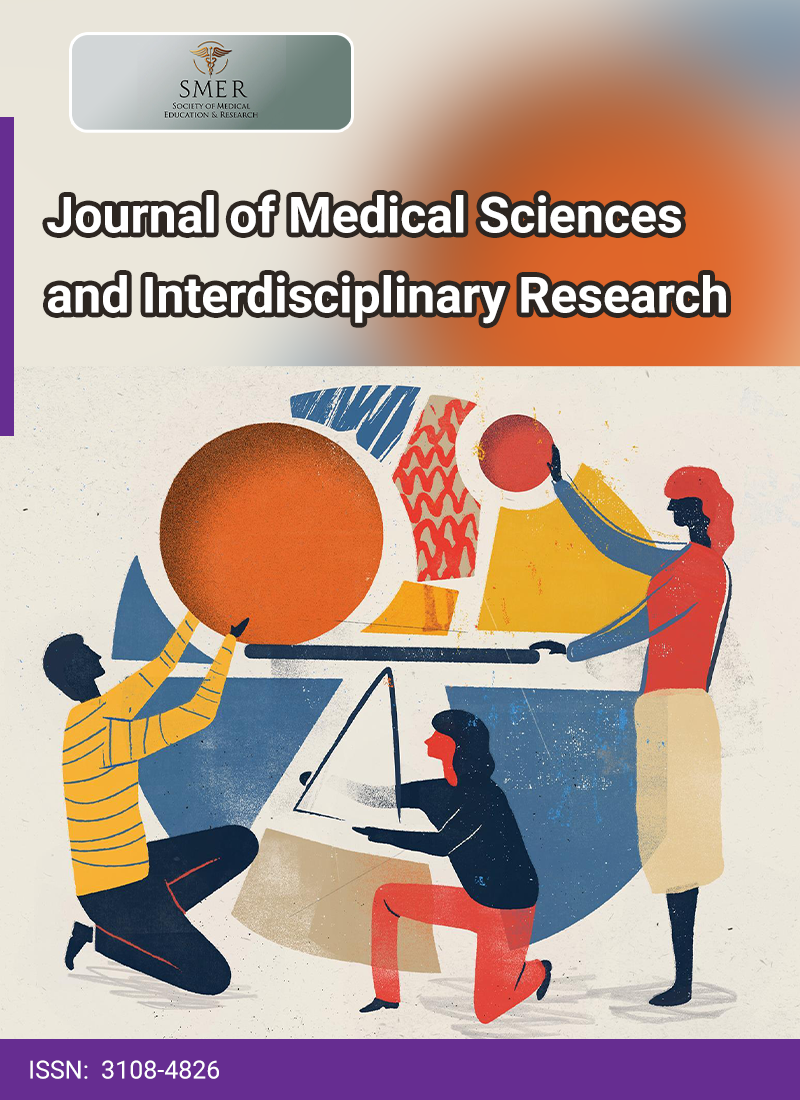
Epigenomic analysis involves large-scale data science, which poses significant challenges in converting data into usable knowledge. To achieve precise control over gene activation and suppression, a comprehensive understanding of the molecular components of epigenetic processes is essential. Only recently have advancements in technology allowed for the thorough exploration of the functional effects of complex epigenetic pathways. This progress involves integrating nuclease-free genome-editing (GE) systems with effector domains. Contemporary epigenome editing (EpGE) systems can be customized to enable accurate modification of epigenetic marks without altering the DNA sequence itself. This review describes current techniques for epigenetic manipulation and their applications in human health and food. The rise of CRISPR-based EpGE technologies promises to revolutionize the regulation of chromatin and epigenetic markers, providing new opportunities for therapeutic and agricultural purposes. Nevertheless, this emerging field still faces significant hurdles.